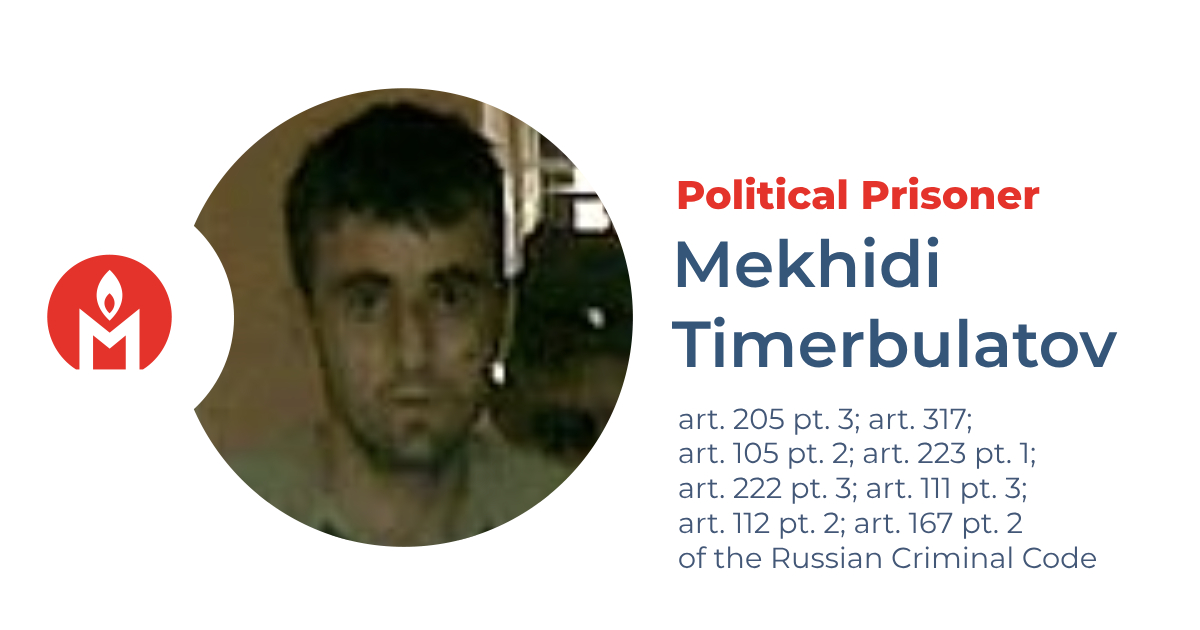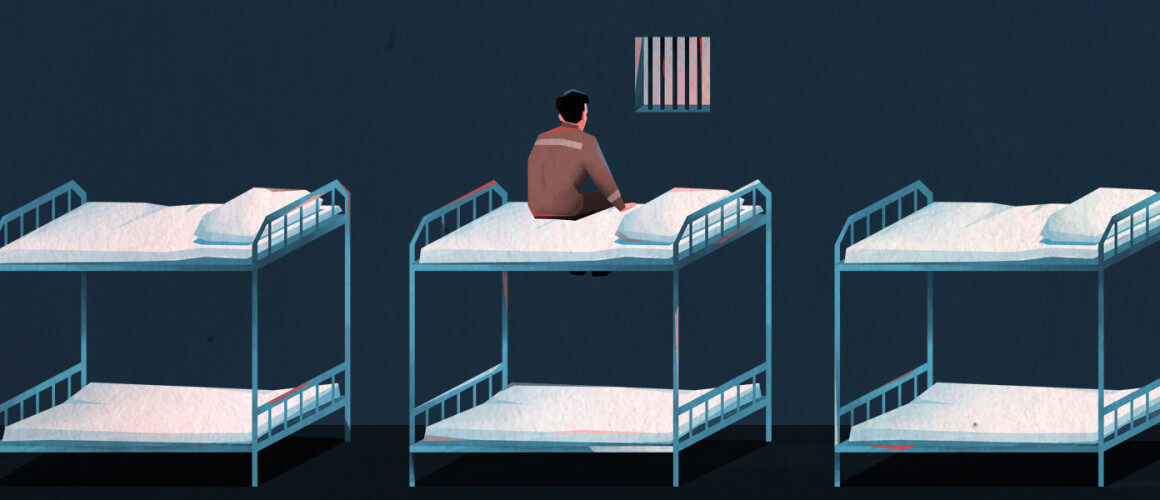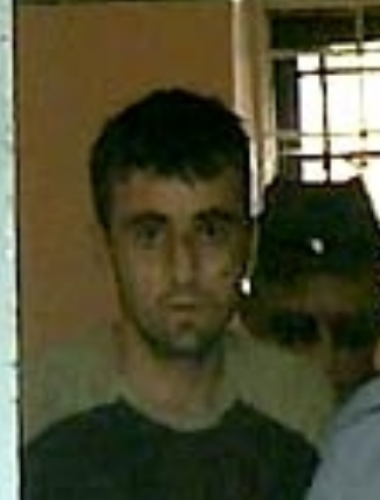Mekhidi Timerbulatov is a political prisoner
A resident of the town of Gudermes in Chechnya has been sentenced to life imprisonment on trumped-up charges of committing a terrorist act.
The ‘Political Prisoners. Memorial’ human rights project , in accordance with international standards, considers Mekhidi Timerbulatov a political prisoner. Timerbulatov has been convicted on charges related to terrorist attacks in Chechnya. His criminal prosecution has violated his right to fair trial and is based on falsified evidence. We demand the immediate release of Mekhidi Timerbulatov and that all criminal charges against him be dropped.

What were the charges against Mekhidi Timerbulatov?
On 19 June 2001 in Gudermes, two cars filled with explosives blew up, one near a court building and the other near a local police station. As a result, three people were killed and 45 were injured. An explosive device in a third car was defused.
On 13 August 2001, law enforcement officers detained Mekhidi Timerbulatov on suspicion of having committed these terrorist acts. He was charged under eight articles of the Russian Criminal Code, including commission of a terrorist act by an organised group (Article 205, Part 3), murder of two or more persons (Article 105, Part 2), illegal manufacture, storage and transfer of explosives (Article 223, Part 1, in conjunction with Article 222, Part 3), attempt on the life of a law enforcement officer (Article 317), infliction of serious harm to health (Article 111, Part 3), infliction of harm to health of medium gravity (Article 112, Part 2), and destruction and damage to property by explosion (Article 167, Part 2). Two other men were also charged in the same case. The investigative authorities considered that, together with Timerbulatov, they formed an ‘organised group’ of terrorists.
Timerbulatov and the other defendants confessed to the alleged crimes at the beginning of the investigation but later retracted their confessions. Timerbulatov stated that in detention law enforcement officers systematically tortured him and threatened his relatives with violence in his presence. He repeatedly complained to the Prosecutor’s Office and the Investigative Committee, demanding that a criminal investigation be launched into the alleged torture, but to no avail. In January 2002, Timerbulatov’s brother, his sister and her husband were abducted and disappeared without trace.
On 18 May 2004, Timerbulatov was found guilty of all the alleged crimes and sentenced to life imprisonment. The sentence was upheld on appeal.
On 21 January 2020, the European Court of Human Rights ruled in favour of an application by Timerbulatov’s mother and found that the abducted relatives had been taken into custody by ‘state agents in the course of special operations.’
Why do we consider Timerbulatov a political prisoner?
The verdict was almost entirely based on confessions made by Timerbulatov and the other defendants during the investigation. The prosecution did not provide objective evidence of Timerbulatov’s guilt, such as fingerprints or biological tests that would indisputably confirm his involvement in the terrorist attacks. Guilt with regard to commission of such grave offences cannot be proved merely by a confession of the accused, and in this case, the confessions were subsequently retracted in court.
There was no effective investigation of the allegation of torture made by Timerbulatov, although injuries were still to be seen on his body four months after his detention. Furthermore, the ECHR found that Timerbulatov’s relatives had been kidnapped by the security forces.
The extremely grave human rights situation in Chechnya in the 2000s, described in reports by human rights organisations and international bodies, combined with the lack of a fair trial indicate that it is highly likely that the charges against Timerbulatov were fabricated.
Despite the fact that more than 20 years have passed since the events described, it was only recently that documents became available about the case, thereby making it possible for us to form and express a position on Timerbulatov’s imprisonment.
A detailed description of Mekhidi Timerbulatov’s case and of our position is available on our website.
Recognition of an individual as a political prisoner does not imply the ‘Political Prisoners. Memorial’ human rights project agrees with, or approves, their views, statements, or actions.
How can you help?
You can write to Mekhidi Timerbulatov at the following address:
In Russian: 629420, Ямало-Ненецкий автономный округ, пгт. Харп, ФКУ ИК-18 УФСИН России по Ямало-Ненецкому автономному округу, Тимербулатову Мехиди Магомедовичу 1970 г. р.
English translation: Mekhidi Magomedovich Timerbulatov (born 1970), Penal Colony No. 18, Federal Penitentiary Service of Russia for Yamalo-Nenetsky autonomous district, Kharp, Yamalo-Nenetsky autonomous district, 629420, Russia.
You can send an email via ZT (for payment with Russian bank cards), OVD-Info or Memorial-France (free of charge).
Please note that letters in languages other than Russian are highly unlikely to reach the recipient.
You can donate to support all political prisoners in Russia.

